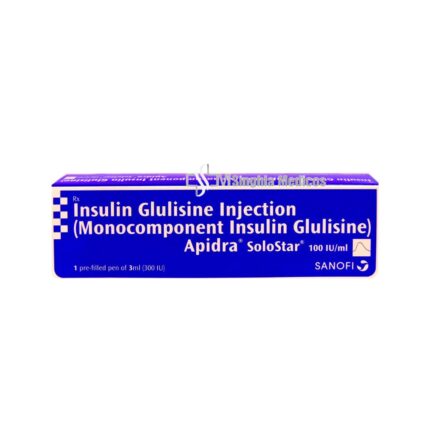

Apigat 2.5 Tablet
₹720.00 Original price was: ₹720.00.₹648.00Current price is: ₹648.00.
![]() Prescription Required
Prescription Required
Salt : Apixaban (2.5mg)
Manufacturer : Natco Pharma Ltd
Packing : 30 tablets in 1 bottle
Product Introduction
Apigat 2.5 Tablet is a prescription medication primarily used for the prevention of blood clots in patients with specific cardiovascular conditions. The active ingredient in Apigat 2.5 Tablet is apixaban, which belongs to a class of medications known as anticoagulants. These drugs are also commonly referred to as blood thinners. Apixaban works by inhibiting certain clotting proteins in the blood, thereby reducing the likelihood of clot formation. This mechanism of action is particularly beneficial in managing conditions that predispose individuals to thromboembolic events, such as atrial fibrillation, deep vein thrombosis (DVT), and pulmonary embolism (PE).
Uses of Apigat 2.5 Tablet
Apigat 2.5 Tablet is utilized in various clinical scenarios, including:
- Prevention of Stroke and Systemic Embolism: In patients with non-valvular atrial fibrillation (an irregular heart rhythm), Apigat 2.5 Tablet helps in reducing the risk of stroke and systemic embolism. Atrial fibrillation increases the risk of blood clots forming in the heart, which can then travel to the brain, causing a stroke, or to other parts of the body, leading to systemic embolism.
- Treatment and Prevention of DVT and PE: Apigat 2.5 Tablet is effective in treating existing cases of DVT and PE, conditions characterized by the formation of blood clots in the veins of the legs (DVT) or in the arteries of the lungs (PE). Additionally, it is used for the prevention of these conditions, particularly in patients who have undergone hip or knee replacement surgery, where the risk of clot formation is significantly increased.
Benefits of Apigat 2.5 Tablet
The use of Apigat 2.5 Tablet offers several clinical benefits, which include:
- Reduced Risk of Clot-Related Complications: By effectively thinning the blood and preventing clot formation, Apigat 2.5 Tablet reduces the risk of potentially life-threatening complications such as stroke, heart attack, and pulmonary embolism. This is particularly crucial for patients with atrial fibrillation and those who have undergone orthopedic surgeries.
- Convenient Dosing Regimen: Unlike some traditional anticoagulants, Apigat 2.5 Tablet does not require regular monitoring of blood levels (INR monitoring). This makes it a more convenient option for patients, as it simplifies the treatment process and enhances compliance.
- Lower Bleeding Risk: Compared to older anticoagulants like warfarin, Apigat 2.5 Tablet has been associated with a lower risk of major bleeding events. This improved safety profile is significant for long-term anticoagulant therapy, where bleeding complications can be a major concern.
- Quick Onset and Offset of Action: Apigat 2.5 Tablet has a relatively rapid onset and offset of action, providing effective anticoagulation soon after administration and allowing for quicker adjustment of therapy when necessary.
Side Effects of Apigat 2.5 Tablet
While Apigat 2.5 Tablet is generally well-tolerated, it is not devoid of side effects. Patients should be aware of the potential adverse reactions, which include:
- Bleeding: The most common and significant side effect of Apigat 2.5 Tablet is bleeding. This can range from minor bruising to more serious bleeding events such as gastrointestinal bleeding or intracranial hemorrhage. Patients should be vigilant for signs of excessive bleeding, such as unusual bruising, prolonged bleeding from cuts, blood in urine or stools, and persistent or severe headaches.
- Anemia: Some patients may experience a reduction in red blood cell count, leading to anemia. Symptoms of anemia include fatigue, weakness, pale skin, and shortness of breath.
- Nausea and Gastrointestinal Distress: Apigat 2.5 Tablet can sometimes cause nausea, abdominal pain, or other gastrointestinal issues. While these side effects are usually mild, they can be uncomfortable and may affect a patient’s overall well-being.
- Allergic Reactions: Though rare, allergic reactions to Apigat 2.5 Tablet can occur. Symptoms of an allergic reaction may include rash, itching, swelling (particularly of the face, tongue, or throat), severe dizziness, and difficulty breathing. Immediate medical attention is required if an allergic reaction is suspected.
- Hepatotoxicity: In rare instances, Apigat 2.5 Tablet can affect liver function, leading to hepatotoxicity. Symptoms include jaundice (yellowing of the skin or eyes), dark urine, severe abdominal pain, and persistent nausea or vomiting. Regular monitoring of liver function tests may be recommended for patients on long-term therapy.
References
-
Briggs GG, Freeman RK, editors. A Reference Guide to Fetal and Neonatal Risk: Drugs in Pregnancy and Lactation. 10th ed. Philadelphia, PA: Wolters Kluwer Health; 2015. pp. 79-80
-
Fox KA, White HD, Gersh BJ, et al. Antithrombotic Agents: Platelete Inhibitors, Acute Anticoagulants, Fibrinolytics, and Chronic Anticoagulants. In: Opie LH, Gersh BJ, editors. Drugs for the Heart. 8th ed. Philadelphia, Pennsylvania: Elsevier Saunders; 2013. pp. 366-67.
Disclaimer
Singhla Medicos primary intention is to ensure that its consumers get information that is reviewed by experts, accurate and trustworthy. The information and contents of this website are for informational purposes only. They are not intended to be a substitute for professional medical advice, diagnosis, or treatment. Please seek the advice of your doctor and discuss all your queries related to any disease or medicine. Do not disregard professional medical advice or delay in seeking it because of something you have read on Singhla Medicos. Our mission is to support, not replace, the doctor-patient relationship.
Shipping Policy
We ship across India. Note – this is subject to change as per Company Wishes. Packages will be shipped in 24 working hours. we are closed on Sundays and will reach you in the next 2-4 days post shipping. We give the estimated time of delivery on the shipping page. However, these are indicative and depend on our shipping partner.
Delivery
The delivery times are subject to location, distance, and our logistics partners. We are not liable for any delays in delivery by the courier company/postal authorities but will help you track down a package through our partner courier services.
Your purchases may reach you from various locations in more than one package. But rest assured, you will be charged one delivery fee for the entire order. As soon as your package ships, we will email you your package tracking information.
We are bound in coverage by their reach even though we use some of India’s largest logistics companies for shipping. In case your address is in a location not served by them we would contact you to find an alternative solution to make your products reach you.


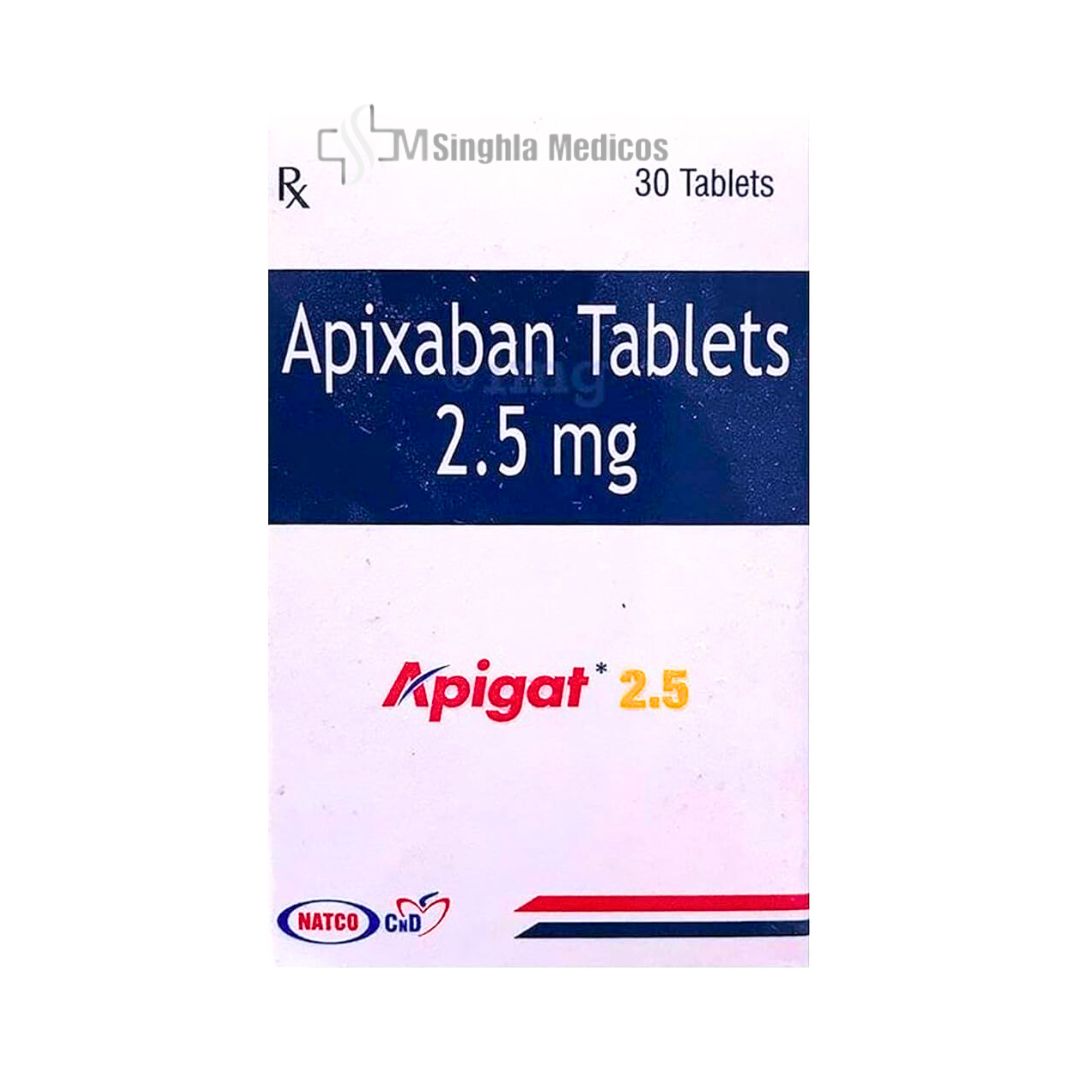

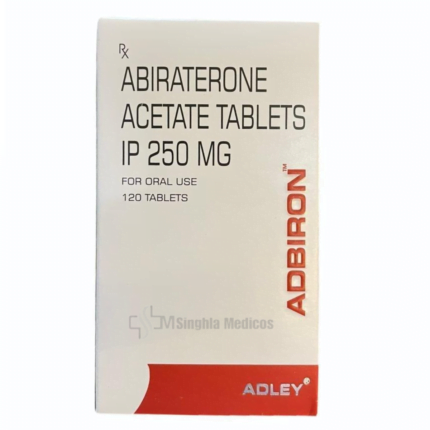



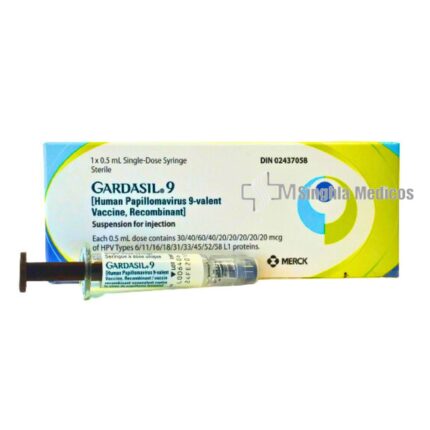


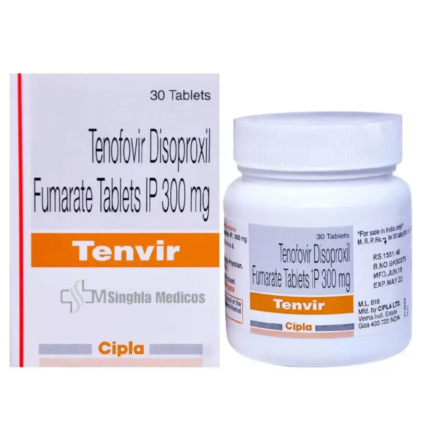
Reviews
There are no reviews yet.